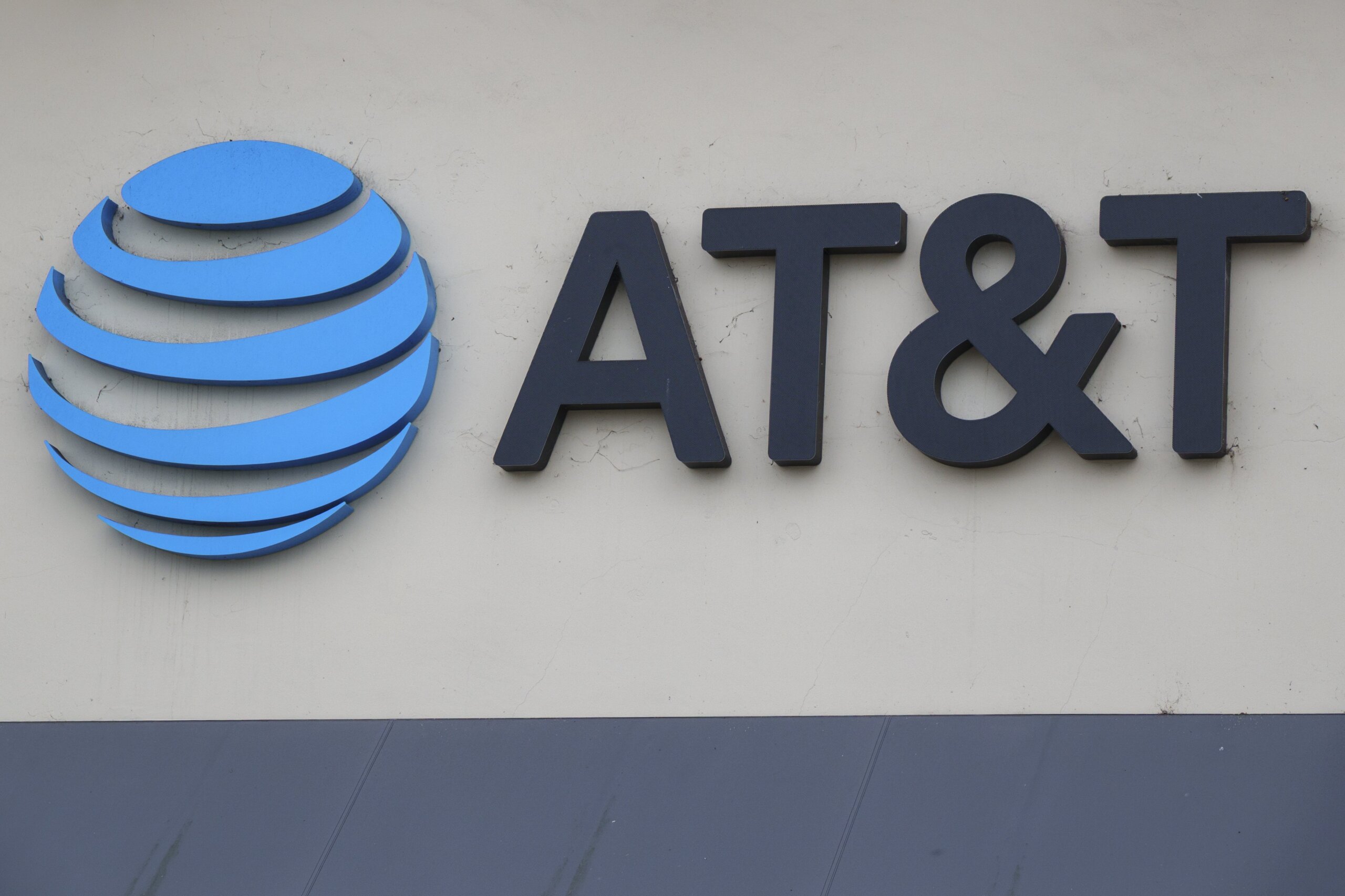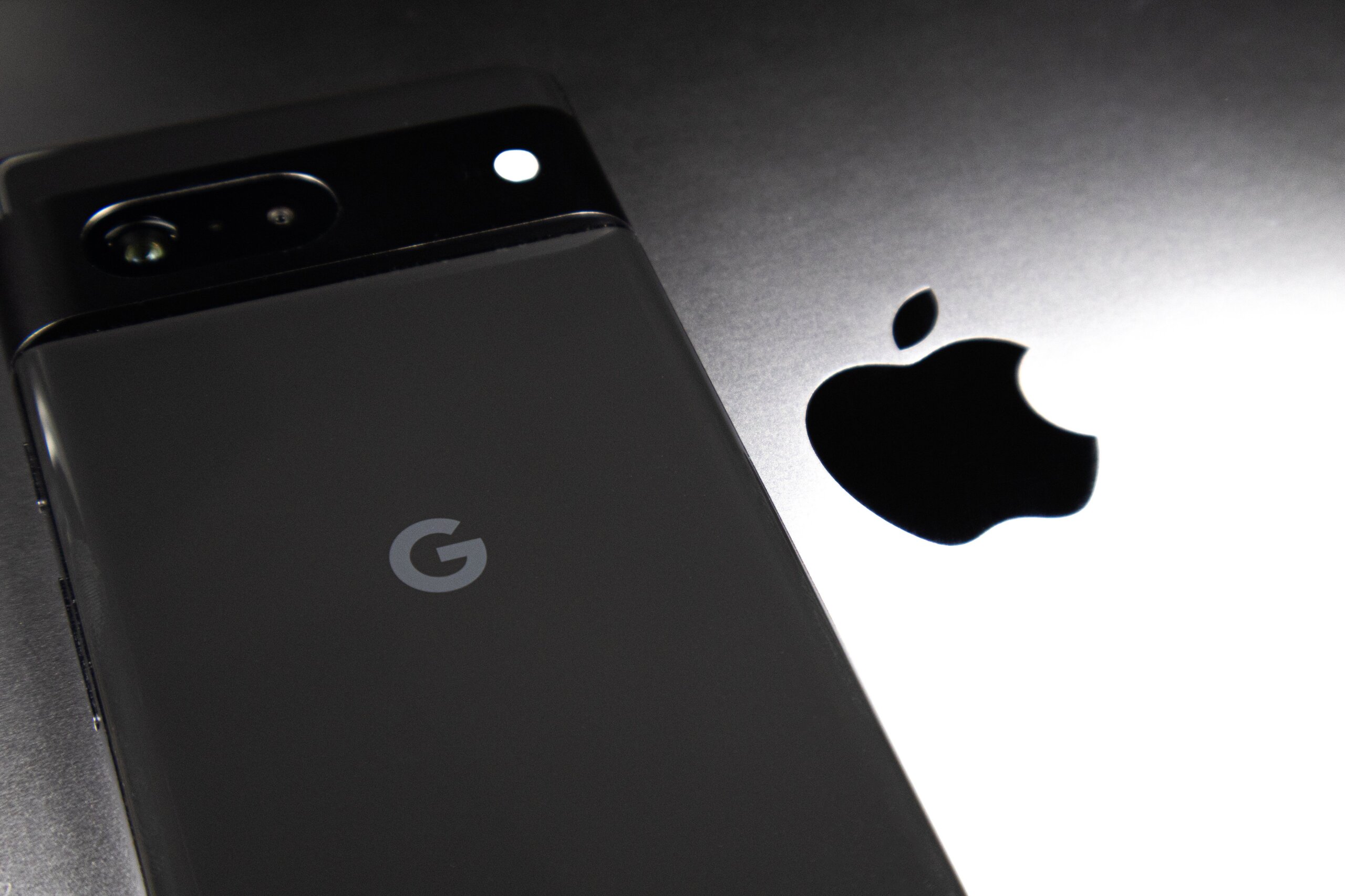Tech
4 big tech settlement payments you might be eligible for in 2025

There's hardly ever such a thing as truly free money. We pay for everything, in some way: with labor, with time, with suffering.
So getting a payment from a tech or social media settlement isn't exactly free — it's likely the company messed up in some way and it legitimately owes you that cash — but it certainly can feel like getting free money. And if you're already using the tech or platform, then you might as well get paid for the issue.
Here are four major settlements you might want to look into — just to see if you're owed money.
AT&T
AT&T this summer settled data breach lawsuits between 2019 and 2024. If you are an AT&T customer, you might be entitled to some of the $177 million agreement. The company said it would be contacting customers between August and October. If you haven't been contacted, it might be worth reaching out to check. You can also check out a website devoted to the settlement, which has the proper forms, deadlines, and information you need to claim a settlement.
Pretty much everyone used Facebook at some point, which means you could be due for a payment. Settlement payouts related to the Cambridge Analytica scandal actually began to roll out last month and could go on for several more weeks. There was a deadline in 2023 to submit a claim — to be honest, who could remember if they filed something two years ago — but those who will get a payout should get an email alerting them to the fact that a payment is forthcoming.
Amazon
The retail and tech giant agreed last month to pay $1.5 billion to an estimated 35 million customers over alleged deceptive practices regarding Prime membership. You could be eligible for a payment if you signed up to be a Prime member between 2019-2025 and did so using one of the so-called "challenged enrollment flows." Certain customers will automatically get paid while others may be sent a claims form by Amazon, depending on their eligibility.
For more information on the Amazon settlement payments, check out Mashable's coverage.
Anthropic
AI company Anthropic agreed last month to pay authors $1.5 billion over allegations that it used their work to train its model. So yes, you'd have to be one of the authors in the case to get paid by this settlement, but the Books3 dataset at issue in the case contains tens of thousands of works. The judge in the case, however, has expressed reservations about that settlement — so it remains to see what will actually result from it.
In the meantime, more class-action suits against AI companies are likely to come soon, including a recent case involving Apple and allegedly pirated books. You can check to see if your work was included in the notorious Books3 library at The Atlantic's searchable database.
Tech
Streamer Emiru accuses Twitch of mishandling her assault at TwitchCon

When you arrive at TwitchCon 2025 at the San Diego Convention Center, you're immediately met with tight security. Bags are checked, backpacks are prohibited, and everyone passes through metal detectors. To access different areas inside, attendees must scan their wristbands — but these often malfunction, and security rarely makes exceptions.
With such a visible security presence, you'd think creators would feel safe. They don't — and for good reason.
Emiru, a YouTuber and Twitch streamer with nearly two million followers, was assaulted at a meet-and-greet on the first day of TwitchCon. And, despite Twitch saying time and time again that "safety and security" is its "highest priority," she was left feeling "hurt and upset by how Twitch handled it during and after the fact."
"I don't understand how he was allowed to make it to me in the first place," Emiru wrote in a lengthy post on X.
This Tweet is currently unavailable. It might be loading or has been removed.
In a video posted to X, an individual approached Emiru, grabbed her, and tried to kiss her. She pushed them away before security intervened and pulled them away by the arm. Emiru says that security was her personal security, not a member of the TwitchCon security team. She said there were three or four TwitchCon security staff nearby "who did not react and let the guy walk away."
"The woman who is walking me away is my own personal manager, and behind the booth, the only two people who were checking on me and comforting me were her and my friend. None of the TwitchCon staff came to ask what happened or if I was okay," she wrote in her post.
After the video circulated widely on social media, Twitch wrote in a statement on X that it "immediately blocked this individual from returning to the TwitchCon premises, and they are banned indefinitely from Twitch, both online and in-person events." Emiru wrote that this is a "blatant lie."
"He was allowed to walk away from my meet and greet, and I didn't hear he was caught until hours after he attacked me, and it felt like this only happened because of my manager pressing for it, not because TwitchCon staff present thought it was a big deal," she wrote.
Twitch did not immediately respond to Mashable's request for comment on the conflicting accounts.
Emiru also noted that this incident follows TwitchCon's previous banning of her "favorite and usual security guard" for "holding a stalker’s arm to bring him to police" at a past event.
Now, she says this will be her final TwitchCon, and she encouraged others not to attend in the future.
"I did not feel cared for or protected, even bringing my own security and staff," she wrote. "I can't imagine how creators without those options would feel."
This isn’t the first time TwitchCon has been criticized for security concerns. In 2024, several Kick-affiliated streamers disrupted the event, harassing Twitch-affiliated creators on-site. This year, major streamers, including Valkyrae, QTCinderella, Hasan Piker, Disguised Toast, and Yvonnie, publicly announced they would not attend due to safety concerns.
Additional reporting by Crystal Bell.
Tech
Take advantage of this $280 MacBook Pro deal while supplies last

TL;DR: Bring home a feature-packed MacBook Pro for just $279.97 (reg. $1,499) through Nov. 2, while supplies last.
Whether you just spilled coffee on the keyboard or your old one is just ready to retire, now is a great time to get a new laptop. The MacBook Pro, which is a notoriously powerful but expensive device, rarely ever goes on sale this low — but right now you can bring one home for just $279.97 (reg. $1,499) through Nov. 2.
The MacBook Pro is packed with all the bells and whistles we know and love from Apple. This particular model is equipped with a 3.1 GHz dual-core Intel Core i5 processor, so it’s ready to keep up with all your multitasking. If you’re doing something that requires heavier processing, it also has Turbo Boost technology that enables processing speeds up to 3.5GHz.
Don’t worry, all that power doesn’t weigh this device down. At just 3.02 pounds, it’s light enough to bring along anywhere. It even has 512GB of storage, so you can save your important files locally.
An impressive 10-hour battery life makes it easy to get things done without constantly seeking an electrical outlet. And the four Thunderbolt 3 ports make connecting and charging convenient when you need to.
This model comes with the limited-edition Apple Touch Bar feature, which lets you customize and access shortcuts right at the top of your keyboard to streamline your workflow. The keyboard is backlit so you can type in any light, and the Force Touch trackpad offers precise cursor control.
Curious why you’re saving over $1,000? This MacBook Pro has a grade A refurbished status. That means it will arrive on your doorstep in near-mint condition with virtually no signs of prior use, while you enjoy the deep discount.
StackSocial prices subject to change.
Tech
Students and Big Tech are taking on Texas app store age verification law

What do Apple, Google, Meta, and Amazon have in common with an advocacy group called Students Engaged in Advancing Texas (SEAT) that represents students? They are all taking on the Texas App Store Accountability Act, a law that requires age verification from users in the state of Texas in order to download apps in app stores.
As Engadget reports, SEAT and the Computer & Communications Industry Association (CCIA) have filed two separate lawsuits against the state to prevent the law from taking effect in Texas on January 1, 2026.
CCIA has several Big Tech companies as members, including Apple, Google, Meta, Intel, Shopify, Amazon, and Uber.
The Texas App Store Accountability Act was signed into law by Texas Governor Greg Abbott in May. Apple CEO Tim Cook reportedly contacted Governor Abbott directly to try to convince him to veto the bill or alter parts of it. The law requires that companies that operate app stores, like Apple and Google, verify users' age before downloading apps or making in-app purchases. If a user is a minor, parental approval is required before any download or purchase is made.
App stores like Apple's App Store already provide users with parental controls that require kids to get approval before downloading apps or making purchases. However, those parental controls are optional, and parents must set them up themselves.
The law wouldn't make those parental controls optional in Texas. In fact, it goes a step further and requires companies like Apple and Google to verify every user's age before they are allowed to download or purchase anything from the App Store.
Online age verification processes require users to provide a form of government ID to a platform in order to use the service. As with all online age verification processes, there are concerns over user data privacy and systems mistaking legal adults for underage users.
"The First Amendment does not permit the government to require teenagers to get their parents' permission before accessing information, except in discrete categories like obscenity," said Ambika Kumar, a lawyer for the students' organization SEAT. "The Constitution also forbids restricting adults' access to speech in the name of protecting children. This law imposes a system of prior restraint on protected expression that is presumptively unconstitutional."
The CCIA has also put out a press release concerning its own lawsuit against the state over the law.
“We support online protections for younger internet users, and those protections should not come at the expense of free expression and personal privacy," senior vice president and chief of staff for the CCIA Stephanie Joyce said in a press release put out by the group.
"This Texas law violates the First Amendment by restricting app stores from offering lawful content, preventing users from seeing that content, and compelling app developers to speak of their offerings in a way pleasing to the state," she continued. "That is why we are asking the court to strike down this law and to block it from being enforced while we demonstrate how severely it violates the U.S. Constitution."
-

 Entertainment7 months ago
Entertainment7 months agoNew Kid and Family Movies in 2025: Calendar of Release Dates (Updating)
-

 Entertainment4 months ago
Entertainment4 months agoBrooklyn Mirage Has Been Quietly Co-Managed by Hedge Fund Manager Axar Capital Amid Reopening Drama
-
Tech7 months ago
The best sexting apps in 2025
-

 Entertainment6 months ago
Entertainment6 months agoKid and Family TV Shows in 2025: New Series & Season Premiere Dates (Updating)
-

 Tech8 months ago
Tech8 months agoEvery potential TikTok buyer we know about
-
Tech8 months ago
iOS 18.4 developer beta released — heres what you can expect
-

 Tech8 months ago
Tech8 months agoAre You an RSSMasher?
-

 Politics8 months ago
Politics8 months agoDOGE-ing toward the best Department of Defense ever






